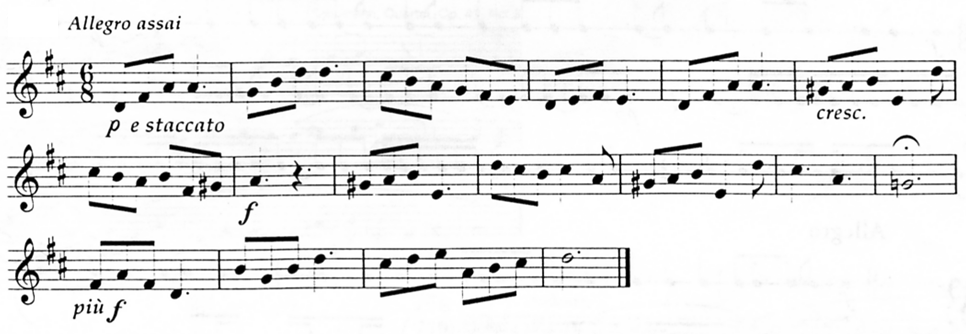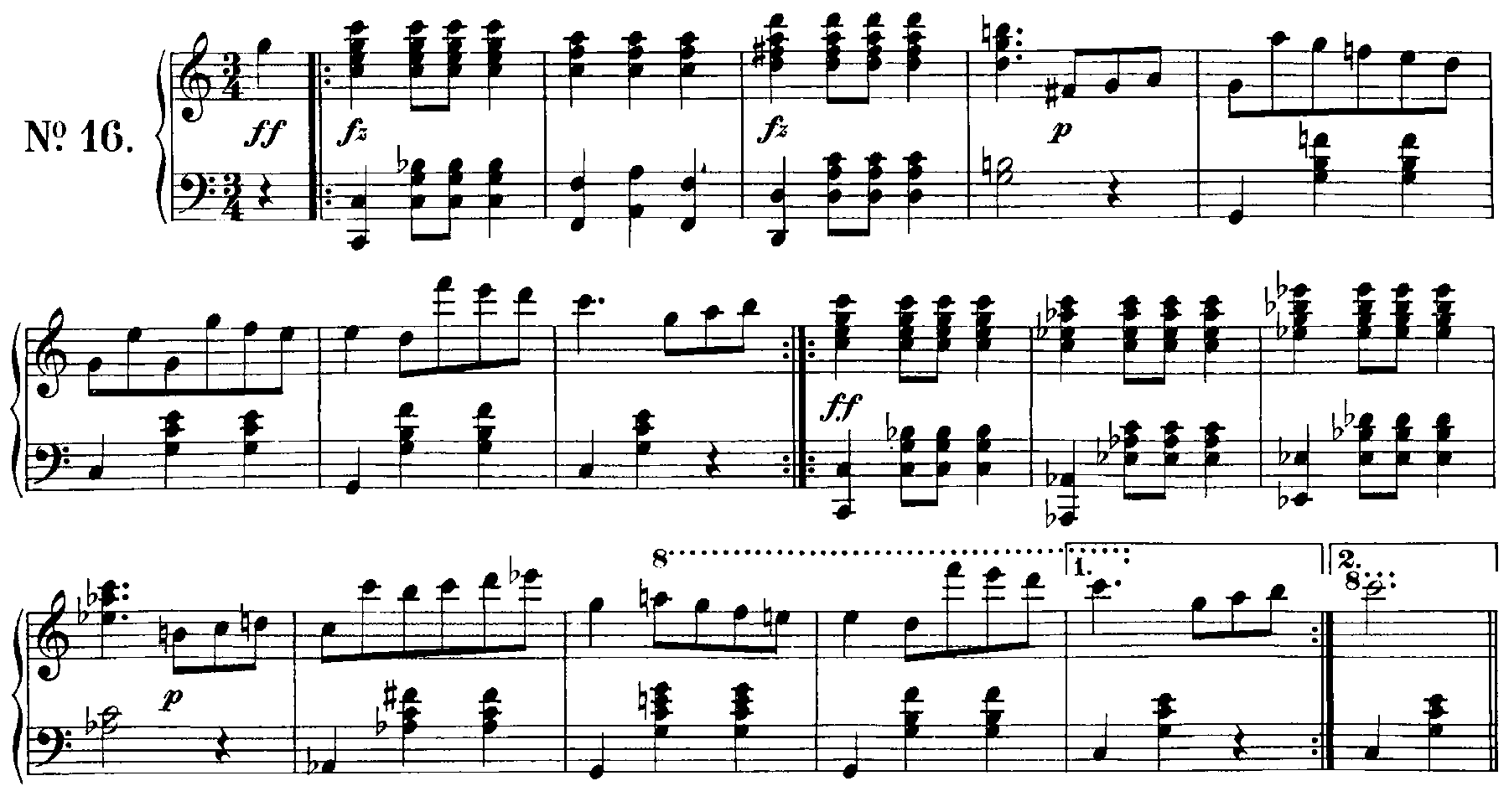Auditions: To Be Announced
Teaching Fellows (TFs) in Music Theory at the College of Music are a select group of graduate students who teach courses from within the undergraduate curriculum. This includes primarily aural skills courses (covering sight singing and rhythm reading, dictation, and keyboard applications) and sometimes theory courses (covering fundamentals, form analysis, and counterpoint).
The audition includes an evaluation of the candidate's own skills in the areas mentioned above, a discussion of any prior teaching experience, and an evaluation of the candidate's ability to explain musical materials clearly and correctly.
All music theory TFs work with theory faculty members in charge of core courses. TFs typically teach two classes that meet three times a week or three classes that meet two times a week, as well as participate in weekly staff meetings for their course. TFs also assist in proctoring and grading entrance exams during the week before classes begin. A general training session is provided for all TFs before each semester.
Teaching Fellow positions are offered either as 50% (20 hours per week) or 25% (10 hours per week). Positions that are 50% FTE are considered full-time and include benefits and in-state tuition. Stipends for TF/TAs are based on FTE and progress toward the degree.
Current UNT graduate students may audition for a music theory TF position. These auditions are scheduled through the area, through the process described below. Applicants for graduate study may also be invited to apply.
Request an audition by email to Justin.Lavacek@unt.edu. The audition is in three parts: sightsinging, aural skills, and keyboard sightreading/analysis.
1. Sightsinging
You will be asked to sing a tonal melody of moderate difficulty. Two melodies comparable
to those used are shown below. You may sing using any system, including solfége or
numbers, or you may use a neutral syllable. The melodies should be sung at steady
tempo, with few errors, and without losing the tonic key. Applicants should also be
able to explain how to help students through difficult passages.
Example 1:
Example 2:
2. Aural Skills
A. Intervals and chords. Applicants will be asked to identify a series of intervals and chords played on the piano. Intervals are identified by quality and size (e.g., m10, P5), while chords are identified by quality and inversion (e.g., “major, root position”; “major-minor six-five” or “dominant six-five”). Applicants should be able to correctly identify most of the items played.
B. Harmonic progression. Applicants will be played a tonal chord progression and asked to provide a harmonic analysis of the chords. The progression will include some chromaticism. Two or three hearings are permitted. Successful applicants should be able to quickly and accurately identify most or all of the chords.
Sample progression:
3. Keyboard Sight-reading and Score Analysis
Keyboard. Good functional keyboard skills are important for effective classroom work.
Applicants should therefore be prepared to sight-read at the keyboard an easy to moderately
difficult musical example, such as a sonatina by Haydn or Beethoven, a waltz by Schubert,
or a mazurka by Chopin. Below is a representative score. Those auditioning should
be able to play the piece accurately, with a steady pulse. For excerpts with fast
tempo markings, a performance at a slower tempo generally is permitted.
Sample score
Score analysis. The candidate will be asked to discuss the same musical score. The applicant should be able to discuss the musical materials with a fair degree of sophistication. Questions may be asked about such things as key and changes of key, chord progressions, non-chord tones, rhythmic/melodic motives, phrase structure, possible large-scale form, and so on. The applicant will also be asked to make a few comments about possible composer, the type of piece, and a possible year of composition.
Once you have carefully reviewed all the information provided on this page, if you feel that you are qualified to apply for a Teaching Fellow position in Music Theory, please follow Step 1 (above) to begin the audition process.